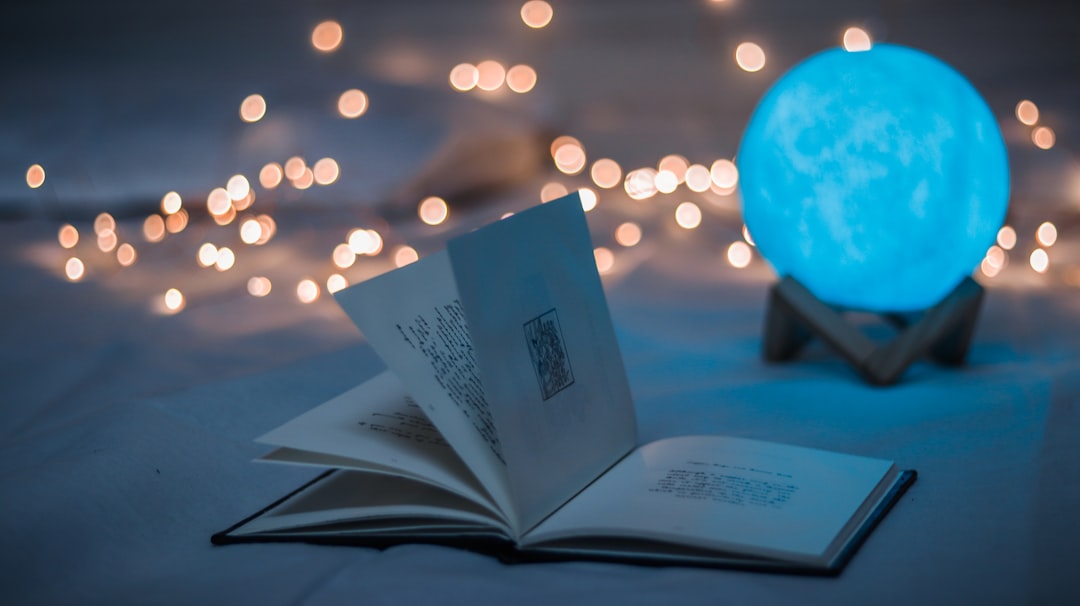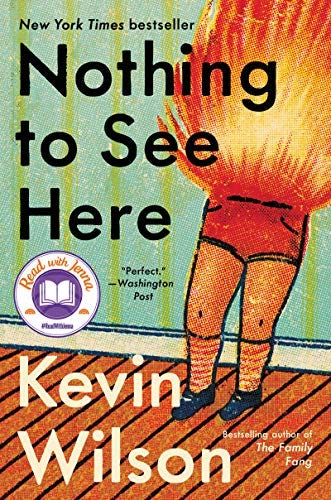Last time: Behind the Scenes—A Work in Progress

“The risks you’re taking in your work now aren’t just for you. You’re writing permission slips for the writers who come after you, writers who’ll see in your work new things to try—with form, with content—that they might not have considered before.”—Maggie Smith, A Pep Talk
There are a few go-to compliments that I save up for books I really, really love, and I don’t get to use them as often as I would like:
This book made me want to write.
I couldn’t read anything else for days/weeks/months because I was still recovering.
I didn’t know a book could do that.
It’s number 3 in that above list that has been on my mind lately. I didn’t know a book could do that. “That” is a place holder for the “rules” the writer broke or the risks they took that reshaped my skull.
It’s my way of saying I don’t know what else to say. I mean, I’m over here taking a red pen to my semi-colons and inconsistent verb tense while there are writers out there having fun on the page and getting all innovative.
Then, last week, writer Maggie Smith wrote about books as permission slips in “A Pep Talk,” and suddenly I had a name for this feeling:
Permission slip books.
Permission slip books are filling the month of February for me. Most notably, I finally listened to the audiobook edition of Kevin Wilson’s Nothing to See Here. Mind blown. It is the exact book I needed to read and within less than twenty pages, I could see all the ways the book would teach me about writing my own tender, funny, and weird books.
If you aren’t familiar, Nothing to See Here is about a woman who becomes the nanny for two young children who spontaneously burst into flames. It’s a story about family and friendship and wealth. And it is so very funny without trying to be funny. It’s sweet and just ridiculous enough to make me let down my guard and feel all the things.
Does everyone else obsessively read interviews with writers that they love or is that just me? I searched for podcast interviews and writerly conversations (never book reviews, not when I’m thinking like a writer). I wanted to see if Wilson described his writing style or touched on that element of weirdness I found myself drawn to.
This is when things clicked for me. In an interview with Porter House Review, when asked to describe his particular kind of off-kilter writing, Wilson said:
“I’m not saying that it’s sci-fi, it’s not that; I’m not fulfilling the expectations of that genre. But it’s a degree of fiction where it’s tilted just slightly enough that you get a weird feeling. I don’t even think that it’s magical realism or fabulism exactly . . . The way I think about it, and I think other people have said this: if you take a house and you turn it on its side, everything in the house just slides to the wall. Anyone in that house will think, “Oh my god, my house is sideways!” I’m not trying to do that kind of intense flip of the world. What I’m trying to do is get that house several degrees off the ground so that, by the look of it, nothing would seem weird. But if you put your pencil on the table, it rolls off. As you walk, it feels slightly off, but you can’t quite see it. That’s what I like—you can get weirdness just by tilting it a little bit. But I’m still indebted to what makes that house a house. I’m always figuring out the degree or turning—I’m trying to calibrate the right amount of weirdness so that people will still believe it.”
The right amount of weirdness is exactly it. I’ve been saying for so long that I write suspense that veers towards literary, but that it isn’t really it. And I never fail to mention how much I love a good murder mystery, even though murder and mystery don’t always do it for me. I’m not always writing suspense, at least not intentionally so. There’s something else at play charging (and recharging) my work each day.
It’s that slightly tilted weirdness that I’m drawn to more than anything else.
Not that I needed permission to embrace my weirdness on the page, but Kevin Wilson gave it to me anyway.
Author Heather Sellers writes about a similar idea in her book, Chapter after Chapter. She calls these books “wise guides.”
Sellers recommends choosing six essential books to keep on your desk as your “go-to” writing resources. These are the books you will turn to when you need help with a certain concept (dialogue, point of view, etc.). These are the books you can always reread and find something new that will help you as a writer.
She suggests not just looking for what is most popular. Instead, choose your favorites. If you’re hoping to write your own novel, for example, find the books most like the kind of book you want to write. Sellers says, “To really know a book — how it’s built, its wisdom — is to read it several times. To go over and over certain passages.” Wise guides will help you to really focus and develop as a reader.
For my writer friends in particular, what are your permission slip books? And do they change depending on what you’re currently writing?
February is offering up little glimpses of sunshine over here —books and words and the promise of Spring Break. I hope you can find that sunshine, too.
If you haven’t subscribed yet, here’s my pitch to sign up for just one more update per month (I promise I don’t have time to spam anyone with too many updates). Subscribing means I can keep doing what I’m doing on Substack and you can be the first (and sometimes the only) one to know about big news.
Hopefully there will be some big news soon that you don’t want to miss. Thank you in advance!







My gateway to writing began with “Fear and Loathing in Las Vegas,” through solely the opening paragraph. I was hooked by that point, and I said the EXACT SAME THING as letter c. I didn’t know you could do that in a book. I have moved forward from the epic gonzo tale, and reach for many a book as a guiding voice. However, a copy of Hunter S. Thompson’s legendary story sits on my desk and I crack the binding at least once a month.
I live the idea of permission slips. Show the reader a new way of seeing things, and how to tell stories. Better yet, turn the table on yourself and make sure you never have to ask for permission to write your story. Any artist that asks “Can I do this?” isn’t ready to do it.